Primary Teacher Recruitment in India is going to witness a tectonic shift in the Basic DNA of the Eligibility Criteria. In a landmark development, the National Council for Teacher Education (NCTE) published the Supreme Court’s verdict on the ongoing Bachelor of Education (B.Ed) versus Basic Training Certificate (BTC) controversy. The verdict, which was delivered by the Supreme Court on 11 August 2023, has far-reaching consequences for aspiring primary teachers across the nation.
At the heart of the controversy is the eligibility criteria for Primary Teacher (PRT) positions, a matter that has been the subject of debate and litigation since 2018. The NCTE’s 2018 notification expanded the range of eligibility criteria for PRT jobs by permitting B.Ed holders to apply for the Rajasthan Eligibility Examination for Teachers (REET) Level I. This move was a departure from the previous norm, where only BTC-qualified candidates with qualifications such as Diploma in Elementary Education (DElEd) and Junior Basic Training (JBT) were deemed eligible for PRT positions.
Verdict on BEd vs BTC Controversy by Supreme Court of India
However, the recent Supreme Court verdict, which upholds the Rajasthan High Court’s decision, delivers a decisive blow to the aspirations of B.Ed-qualified individuals vying for PRT roles. The verdict categorically states that BEd degrees will no longer be considered valid eligibility criteria for PRT posts. Instead, only candidates possessing BTC or equivalent qualifications will be deemed eligible for PRT positions.
While the immediate impact of the verdict is on the recruitment processes in Rajasthan, its implications resonate far beyond the state’s borders. NCTE has taken a significant step by uploading the final Supreme Court verdict on the invalidation of B.Ed degrees on their official website. Although an official notification from NCTE is yet to be released, the presence of the verdict on the website suggests that a comprehensive communication will be forthcoming.
The ramifications of this verdict are likely to be felt across the nation, particularly by various central and state teaching recruitment bodies. Organizations such as the Kendriya Vidyalaya Sangathan (KVS), Navodaya Vidyalaya Samiti (NVS), Delhi Subordinate Services Selection Board (DSSSB), and others are expected to issue official notifications in alignment with the Supreme Court’s ruling.
The ruling has set off fervent discussions among those who possess B.Ed qualifications and have already applied for or secured PRT positions through state or central recruitment processes since 2018. The key question now is whether this verdict will trigger a wave of standardization in teacher eligibility criteria for ongoing and future recruitment drives, potentially elevating the status of BTC qualifications nationwide.
As the dust settles on the Rajasthan BED-BSTC controversy, educators, policymakers, and teaching aspirants are left pondering the far-reaching implications of the Supreme Court’s verdict. While Rajasthan’s teacher recruitment landscape is set to undergo an immediate transformation, the ripples of change could ultimately lead to a nationwide shift in the qualifications sought for primary teaching roles. Only time will tell how this pivotal moment shapes the trajectory of teacher recruitment in India.
Check: CSIR NET Cut Off 2025

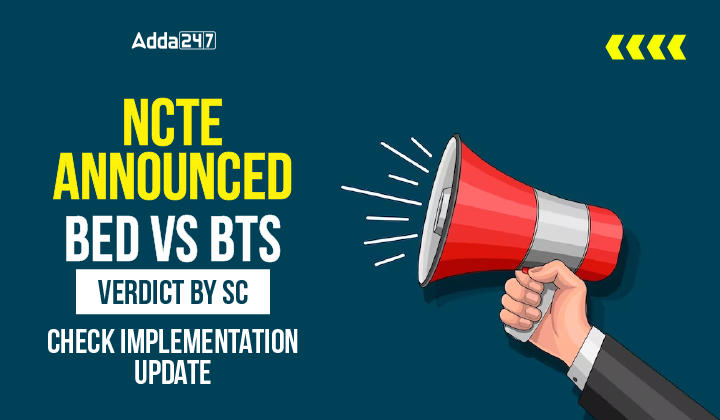

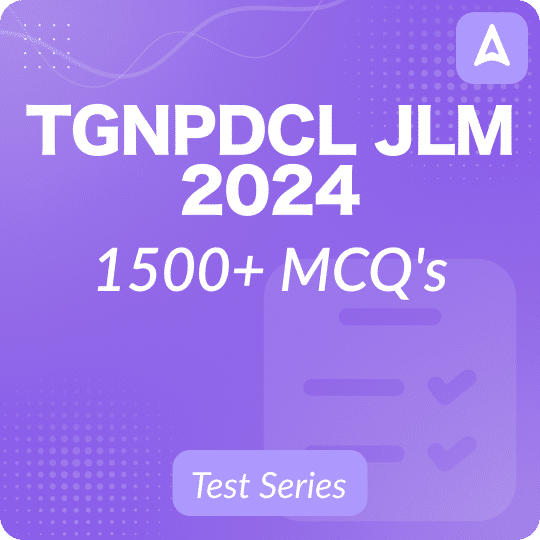
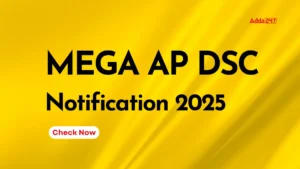 AP DSC 2025 Notification Out, Check Exam...
AP DSC 2025 Notification Out, Check Exam...
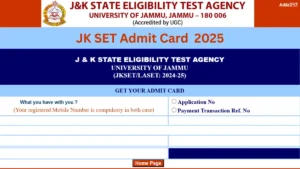 JKSET Admit Card 2025 Out, Direct Downlo...
JKSET Admit Card 2025 Out, Direct Downlo...
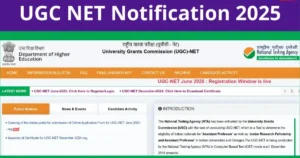 UGC NET 2025 Notification OUT, Applicati...
UGC NET 2025 Notification OUT, Applicati...














